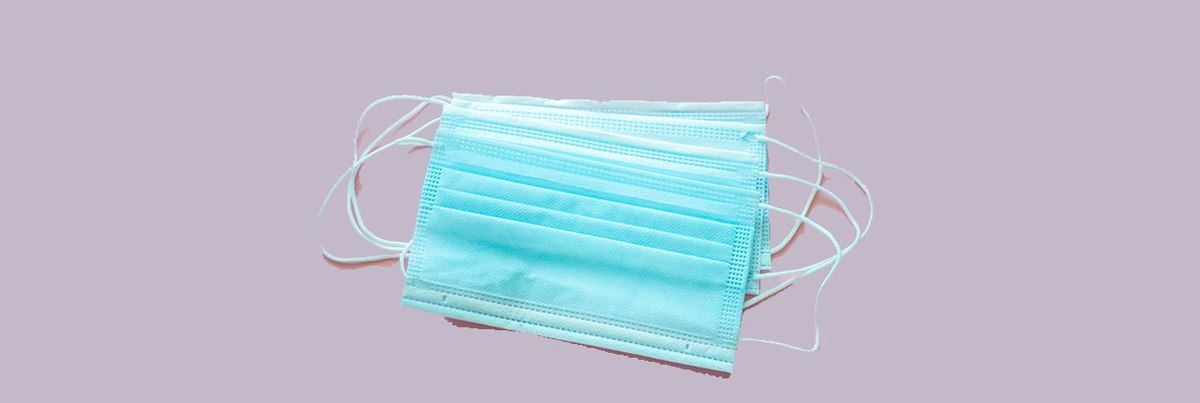Add face masks to the list of public health recommendations that have divided the country. In the past, regulations on smoking indoors and seatbelt requirements stirred controversy among Americans but now the debate is all about wearing a mask.
Choosing to don—or not don—a face mask has become a political flashpoint especially in an election year. President Donald Trump has resisted wearing one despite saying recently that he was “all for masks.” On the other hand, most Democratic leaders, have urged the wearing of face masks to prevent the transmission of COVID-19 which has infected more than 3 million Americans and killed more than 130,000 people in the United States.
A YouGov snap poll conducted in July among 1,200 registered voters measures how many say they wear a mask in public and examines the issues and feelings people attribute to wearing one.
What voters can agree on
Americans are united on certain aspects of mask-wearing. Let's start with behavior: when asked if they wore a mask when leaving their homes within the last week, most voters say they wore one every time or nearly every time, including Democrats (91%), Independents (73%), and Republicans (59%). At least one in nine voters (12%) say they did not wear a mask at all with Republicans being the most likely group to report this (23%).
Voters across the political aisle also agree on the idea of a mask mandate. A separate poll conducted by YouGov on behalf of the Economist shows seven in 10 registered voters (71%)—including most Democrats (91%), Independents (64%), and Republicans (53%)—say they support making masks mandatory in public places. But the country has been rife with conflict and tensions over face mask requirements in recent months and the data shows 12 percent of voters and more than a fifth of Republicans (23%) oppose such a policy.
But voters also say masks come with their own issues
The Centers for Disease Control and Prevention (CDC) urges the wearing of face masks and cloth face coverings to
prevent nasal and oral respiratory droplets carrying the coronavirus from spreading to others
.Wearing a mask in public helps reduce the transmission of the virus especially in situations when it is difficult to maintain social distancing.
But mask wearing is still relatively new to Americans and people who wear face masks report some negative outcomes to using one. The data shows that eight in 10 registered voters who wear a face mask have at least one physical issue relating to masks (84%).
The leading complaint among registered voters is that wearing a face mask fogs up eyewear (61%) and many also say masks make it difficult to breathe (41%) or communicate (31%). Others report discomfort around the ears (19%) or facial breakouts (11%) while wearing a mask.
Republicans appear to be more acute to some of these physical issues and are significantly more likely to say they have difficulty breathing and communicating.
Most people—but not all—feel better protected when wearing a mask
Despite the complaints people have about wearing a mask, 57 percent of registered voters say they feel better protected when wearing a mask. Democrats (70%) and Independents (60%) are more likely than Republicans (37%) to feel this way.
Regarding other psychographics related to wearing a mask, many people felt they were setting a good example to others (45%) and were proud for trying to stop the spread of coronavirus (42%).
Republicans are less likely to report feeling these ways but among this group, more say they felt they were setting a good example (28%) than say they were angry at having to wear a mask (20%). Overall, one in 10 voters who wore a mask in the past week say they were angry they had to wear one (10%).
Methodology
:
The article is based on a flash poll of 1,200 registered voters surveyed via YouGov Direct on July 7, 2020. The poll was weighted according to age, gender, race, education, and 2016 presidential vote. The margin of error is ±3.9%Image: Getty









